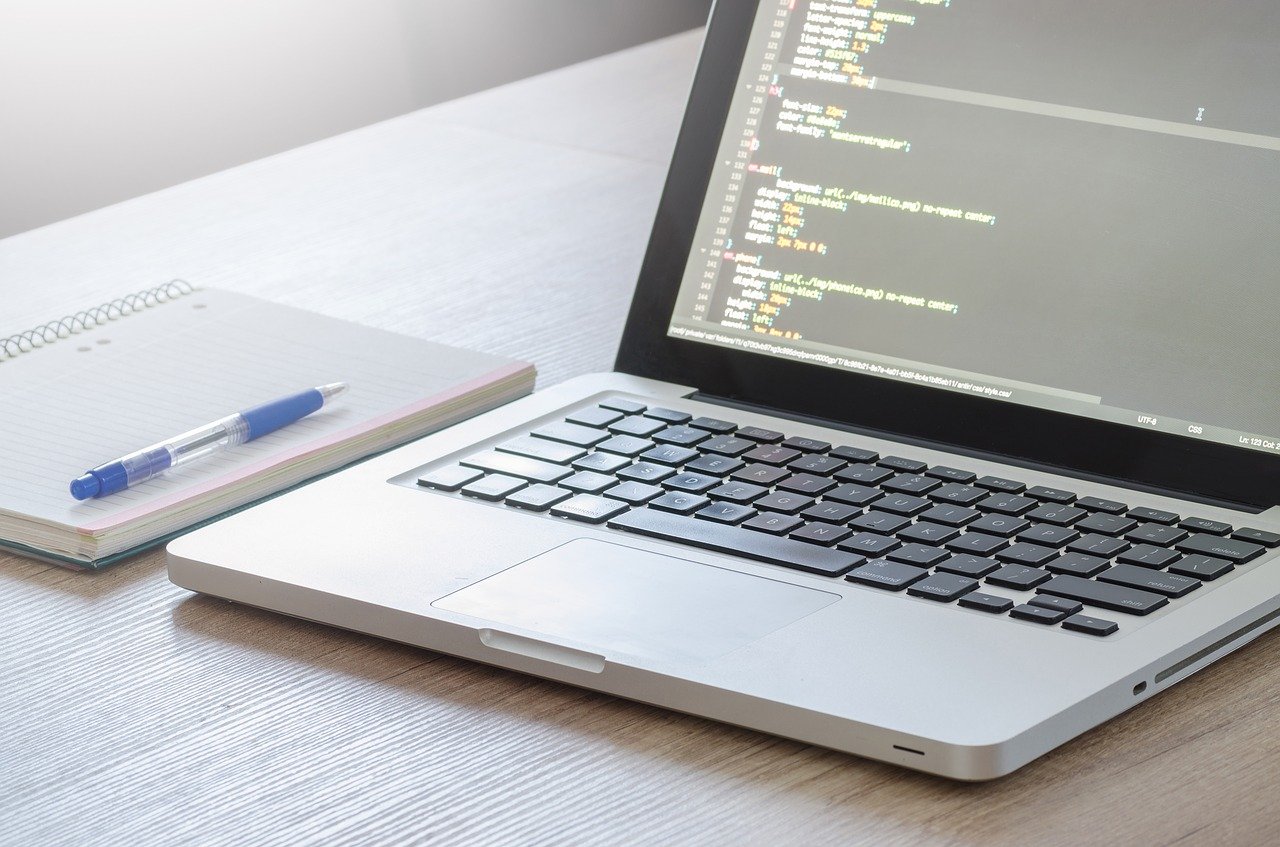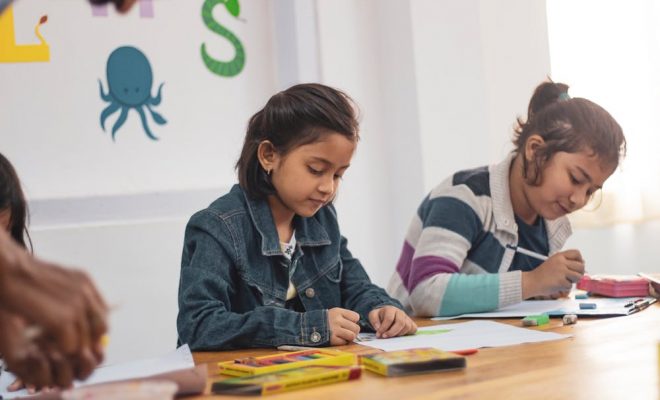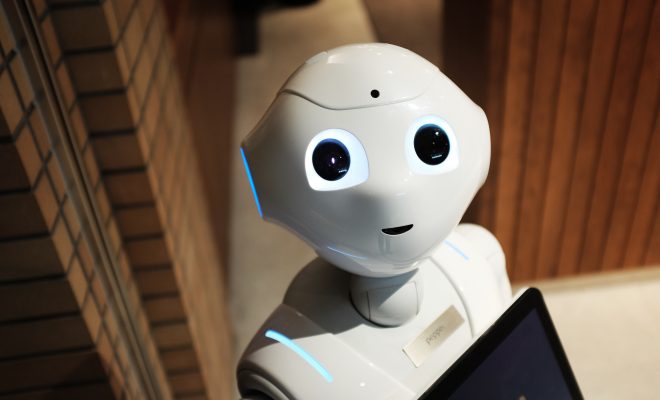How Machine Learning Will Transform the Classroom

Old-school educators are having difficulty adjusting to machines with the ability to think and learn. Trying to convince them that machine learning will revolutionize education frequently falls on deaf ears. They will, however, have to confront this new reality sooner or later.
Machine learning is defined by my readers who are unfamiliar with the term. It is defined as “a branch of computer science that employs statistical approaches to provide computer systems with the ability to “learn” (i.e., gradually improve performance on a certain task) with data without being explicitly programmed.” In education, for example, machine learning can be found in learning analytics and artificial intelligence.
This article will go through six ways machine learning will revolutionize education.
- Improving efficiency.Machine learning, often known as artificial intelligence, has the potential to make educators more productive by automating processes like classroom management, scheduling, and so on. As a result, instructors are free to focus on jobs that AI cannot perform and require a human touch.
- Analytical learning.Machine learning, in the form of learning analytics, can assist educators in gaining insight into data that the human brain cannot. In this capacity, computers can undertake deep dives into data, combing through millions of pieces of content and drawing conclusions that benefit the teaching and learning process.
- Predictive analytics.In the form of predictive analytics, machine learning can draw predictions about what might happen in the future. For example, using a data collection of cumulative records from middle school students, predictive analytics can tell us which ones are more likely to drop out due to academic failure or even their predicted score on a standardized exam, such as the ACT or SAT.
- Adaptive learning. In the form of adaptive learning, machine learning can be used to help fail students or challenge brilliant students. Adaptive learning is a technology-based or online educational system that assesses a learner’s performance in real-time and adapts teaching techniques and curriculum depending on that information. Consider AI in the context of a specialized math tutor and individualized engagement.
- Personalized education. In the form of personalized learning, machine learning might be utilized to provide each learner with a unique educational experience. Personalized learning is an educational concept in which students control their own learning, moving at their own pace and, in certain situations, making their own judgments about what they want to study. In an ideal world, learners in a personalized learning classroom choose what they are interested in, and educators tailor the curriculum and standards to the learners’ interests.
- Assessment. Machine learning, often known as artificial intelligence, can grade learner assignments and tests more correctly than a human can. It may necessitate some human intervention, but the outcomes will be more legitimate and reliable.
Whether we like it or not, machine learning will revolutionize the world of education. I just listed six techniques in this article, but I could easily list 100 if I wanted to. What did I omit from the list?





